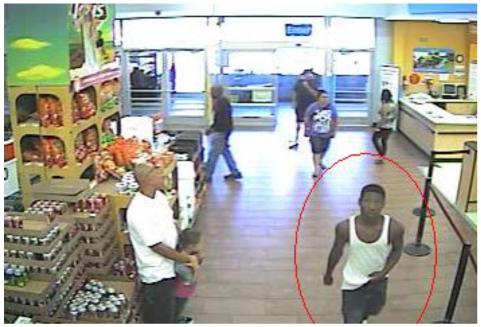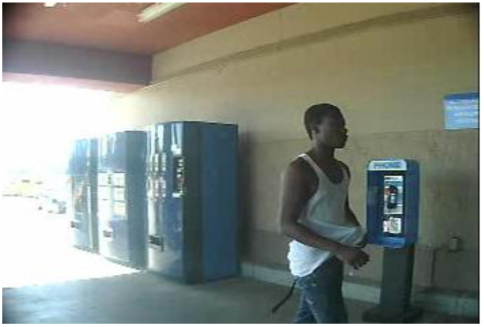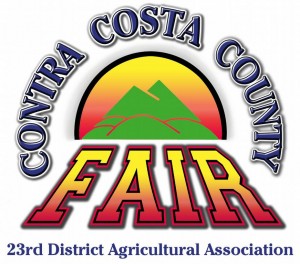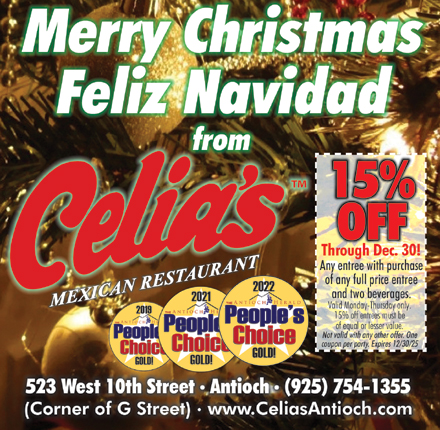The most destructive Obamacare tax increases are just around the bend
By John Kartch, Americans for Tax Reform
WASHINGTON, D.C. – Asked about Senator Max Baucus’s (D-Mont.) recent “train wreck” comments, President Obama said, “A huge chunk of it [Obamacare] has already been implemented.” Unmentioned was the wave of destructive Obamacare tax increases that will begin to hit Americans during the next tax filing season and beyond:
Starting in tax year 2013:
Obamacare Surtax on Investment Income: A new, 3.8 percent surtax on investment income earned in households making at least $250,000 ($200,000 single). This tax hike results in the following top tax rates on investment income:
*Other unearned income includes (for surtax purposes) gross income from interest, annuities, royalties, net rents, and passive income in partnerships and Subchapter-S corporations. It does not include municipal bond interest or life insurance proceeds, since those do not add to gross income. It does not include active trade or business income, fair market value sales of ownership in pass-through entities, or distributions from retirement plans. (Bill: Reconciliation Act; Page: 87-93)
Obamacare Medicare Payroll Tax Increase:
First $200,000 ($250,000 Married) Employer/Employee
All Remaining Wages Employer/Employee
Pre-Obamacare
1.45%/1.45% 2.9% self-employed
1.45%/1.45% 2.9% self-employed
Obamacare
1.45%/1.45% 2.9% self-employed
1.45%/2.35% 3.8% self-employed
(Bill: PPACA, Reconciliation Act; Page: 2,000-2,003; 87-93)
Obamacare Medical Device Tax: Medical device manufacturers employ 409,000 people in 12,000 plants across the country. Obamacare imposes a new 2.3 percent excise tax on gross sales – even if the company does not earn a profit in a given year. In addition to killing small business jobs and impacting research and development budgets, this will make everything from pacemakers to artificial hips more expensive. (Bill: PPACA; Page: 1,980-1,986)
Obamacare High Medical Bills Tax: Before Obamacare, Americans facing high medical expenses were allowed a deduction to the extent that those expenses exceeded 7.5 percent of adjusted gross income (AGI). Obamacare now imposes a threshold of 10 percent of AGI. Therefore, Obamacare not only makes it more difficult to claim this deduction, it widens the net of taxable income.
According to the IRS, 10 million families took advantage of this tax deduction in 2009, the latest year of available data. Almost all are middle class. The average taxpayer claiming this deduction earned just over $53,000 annually. ATR estimates that the average income tax increase for the average family claiming this tax benefit will be $200 – $400 per year. To learn more about this tax, click here. (Bill: PPACA; Page: 1,994-1,995)
Obamacare Flexible Spending Account Tax: The 30 – 35 million Americans who use a pre-tax Flexible Spending Account (FSA) at work to pay for their family’s basic medical needs face a new Obamacare cap of $2,500. This will squeeze $13 billion of tax money from Americans over the next ten years. (Before Obamacare, the accounts were unlimited under federal law, though employers were allowed to set a cap.) Now, a parent looking to sock away extra money to pay for braces will find themselves quickly hitting this new cap, meaning they would have to pony up some or all of the cost with after-tax dollars.
Needless to say, this tax will especially impact middle class families.
There is one group of FSA owners for whom this new cap will be particularly cruel and onerous: parents of special needs children. Nationwide there are several million families with special needs children and many of them use FSAs to pay for special needs education. Tuition rates at one leading school that teaches special needs children in Washington, D.C. (National Child Research Center) can easily exceed $14,000 per year. Under tax rules, FSA dollars can be used to pay for this type of special needs education. This Obamacare tax provision will limit the options available to these families. (Bill: PPACA; Page: 2,388-2,389)
Starting in tax year 2014:
Obamacare Individual Mandate Non-Compliance Tax: Starting in 2014, anyone not buying “qualifying” health insurance – as defined by President Obama’s Department of Health and Human Services — must pay an income surtax to the IRS. The Congressional Budget Office recently estimated that six million American families will be liable for the tax, and as pointed out by the Associated Press: “Most would be in the middle class.”
In addition, 100 percent of Americans filing a tax return (140 million filers) will be forced to submit paperwork to the IRS showing they either had “qualifying” health insurance for every month of the tax year or they obtained an exemption to the mandate.
Americans liable for the surtax will pay according to the following schedule:
|
1 Adult
|
2 Adults
|
3+ Adults
|
|
2014
|
1% AGI/$95
|
1% AGI/$190
|
1% AGI/$285
|
|
2015
|
2% AGI/$325
|
2% AGI/$650
|
2% AGI/$975
|
|
2016 +
|
2.5% AGI/$695
|
2.5% AGI/$1390
|
2.5% AGI/$2085
|
(Bill: PPACA; Page: 317-337)
Obamacare Employer Mandate Tax: If an employer does not offer health coverage, and at least one employee qualifies for a health tax credit, the employer must pay an additional non-deductible tax of $2,000 for all full-time employees. This provision applies to all employers with 50 or more employees. If any employee actually receives coverage through the exchange, the penalty on the employer for that employee rises to $3,000. If the employer requires a waiting period to enroll in coverage of 30-60 days, there is a $400 tax per employee ($600 if the period is 60 days or longer). (Bill: PPACA; Page: 345-346)
Obamacare Tax on Health Insurers: Annual tax on the industry imposed relative to health insurance premiums collected that year. The tax phases in gradually until 2018. Fully imposed on firms with $50 million in profits. (Bill: PPACA; Page: 1,986-1,993)
Starting in tax year 2018:
Obamacare Tax on Union Member and Early Retiree Health Insurance Plans: Obamacare imposes
a new 40 percent excise tax on high cost or “Cadillac” health insurance plans, effective in 2018. This tax increase will most directly affect union families and early retirees, who are likely to be covered by such plans. This Obamacare tax will be levied on insurance policies whose premiums exceed $10,200 for an individual and $27,500 for a family. Middle class union members tend to be covered by such plans in states like Ohio, Pennsylvania, Wisconsin, and Michigan. Higher threshold ($11,500 single/$29,450 family) for early retirees and high-risk professions. CPI +1 percentage point indexed. (Bill: PPACA; Page: 1,941-1,956)
Americans for Tax Reform is a non-partisan coalition of taxpayers and taxpayer groups who oppose all tax increases. For more information or to arrange an interview please contact John Kartch at (202) 785-0266 or by email at jkartch@atr.org.




























